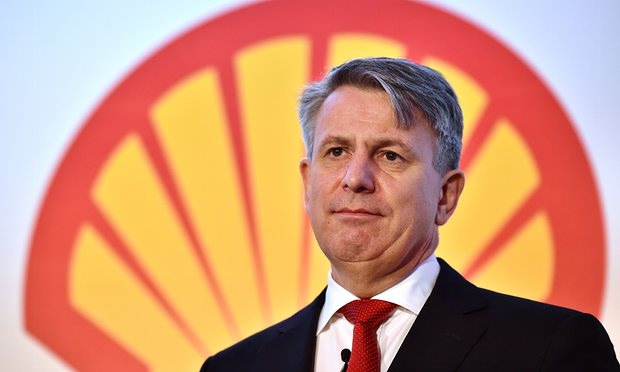Royal Dutch Shell’s CEO, Ben van Beurden, informed investors that the European Union could slow its $30 billion asset sale plan in the wake of Brexit. The company expressed concerns that Brexit could have a negative impact especially on the North Sea region, which had struggled to attract buyers for years. The Dutch company has recently mandated Bank of America Merrill Lynch to find buyers for its several important assets in the North Sea including the key Buzzard oilfield. Shell hopes that the sale could bring in at least $2 billion.
Shell had previously targeted wrapping up the disposal of many assets around the world by about 2018 to help raise funds for its $54 billion acquisition of the rival BG, which it finalized in February. The company’s CFO Simon Henry had previously hinted that Shell’s divestment program could take longer than initially planned. However, Mr van Buerden said that Brexit and the uncertainty it brings would be an obstacle for the program and especially for Shell’s ambition to overtake ExxonMobil as the world’s best oil company. A Shell spokesman, however, added in response that “there has been no change to the previous statements we made on the three-year, $30 billion divestment program”.
Shell announced last month that it was planning to exit 10 countries after merging with BG to boost its focus on oil output globally and deep-water exploration in Brazil. The company’s focus on oil production elsewhere has been driven by declining sales in the North Sea. The ageing oil basin has seen production falling since the late 1990s and experienced more difficulties since oil prices plummeted two years ago. Moreover, the possibility of Scottish independence could further diminish the prospects of the North Sea oil industry and stall M&A activity due to unclear future of regulations and taxes.




